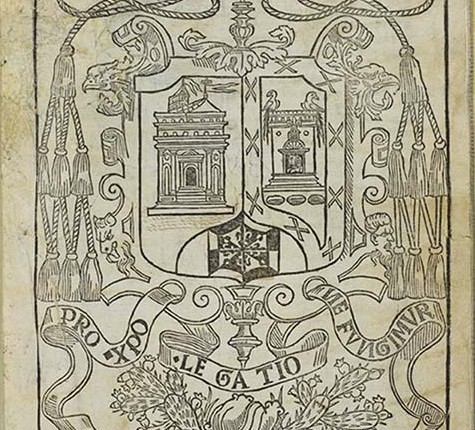My article “The Decrees of the First Mexican Council (1555): Confiscations, Collectors, and Literary Migration” was published in The Papers of the Bibliographical Society of America, vol. 117, no. 2 (June 2023), pp. 143-171.
Abstract: This piece studies the decrees of the First Mexican Council, gathered in 1555 to establish legal norms for the newly founded Church province. Apart from some notes on the conciliar context, the article focuses entirely on the original manuscript (1555) and the first print edition (1556). It explains how the manuscript moved from the cathedral archives in Mexico City into the collections of Bancroft Library, where it is found today. The article also traces the provenance of all known copies of the first print edition. Many of them passed through the bookshelves of Mexican collectors, and today the majority are held by libraries outside Mexico. To understand this particular case, I identify members of the nineteenth- and early twentieth-century networks involved in book and manuscript trade. I also explain how dramatic events in Mexican history allowed them to acquire early colonial documents and imprints. Combining provenance research with an analysis of the broader historical and political context, I provide a case study of the close relationship between historical developments, book collecting, and book sales, which led to the veritable exodus of written material from Latin America to Europe and North America.


